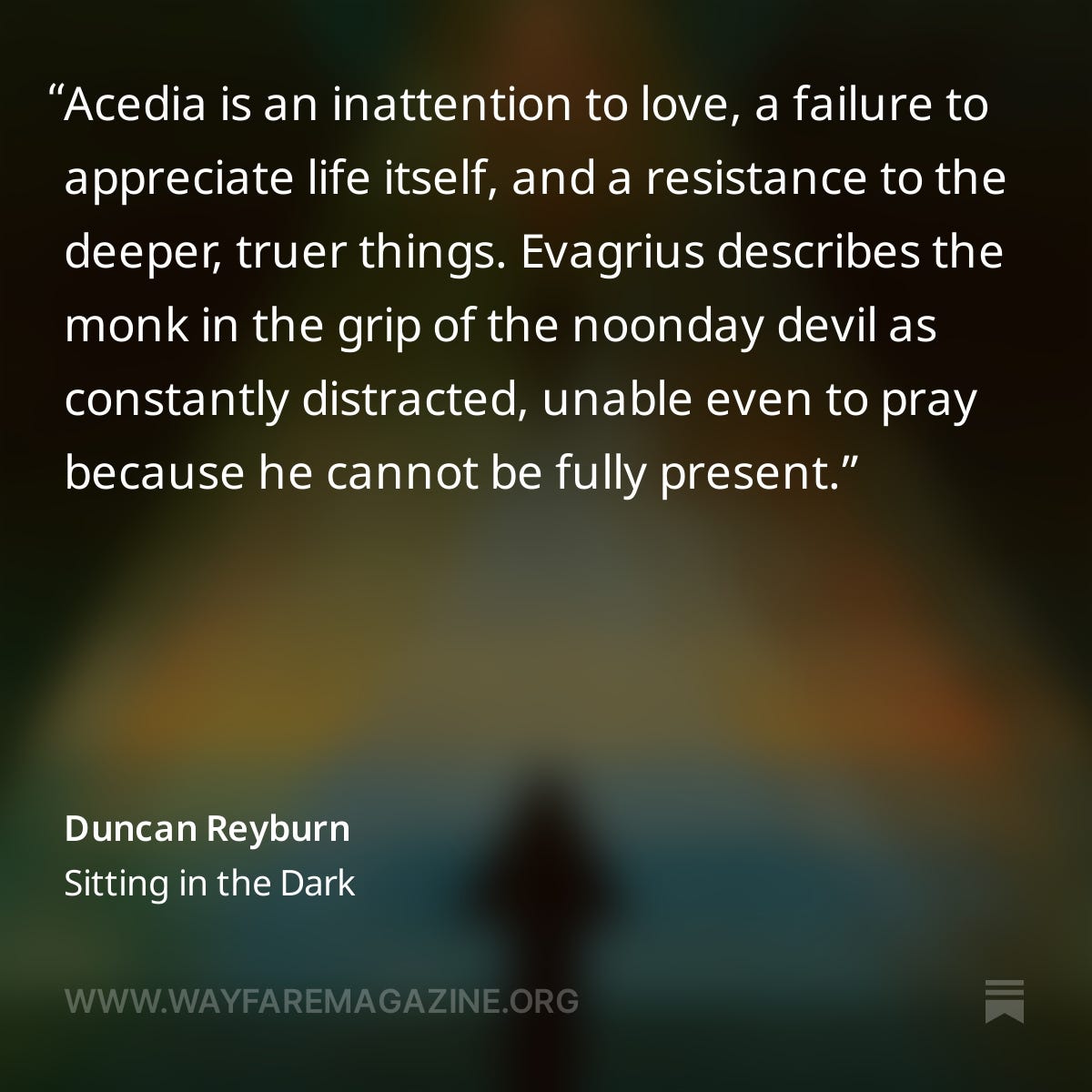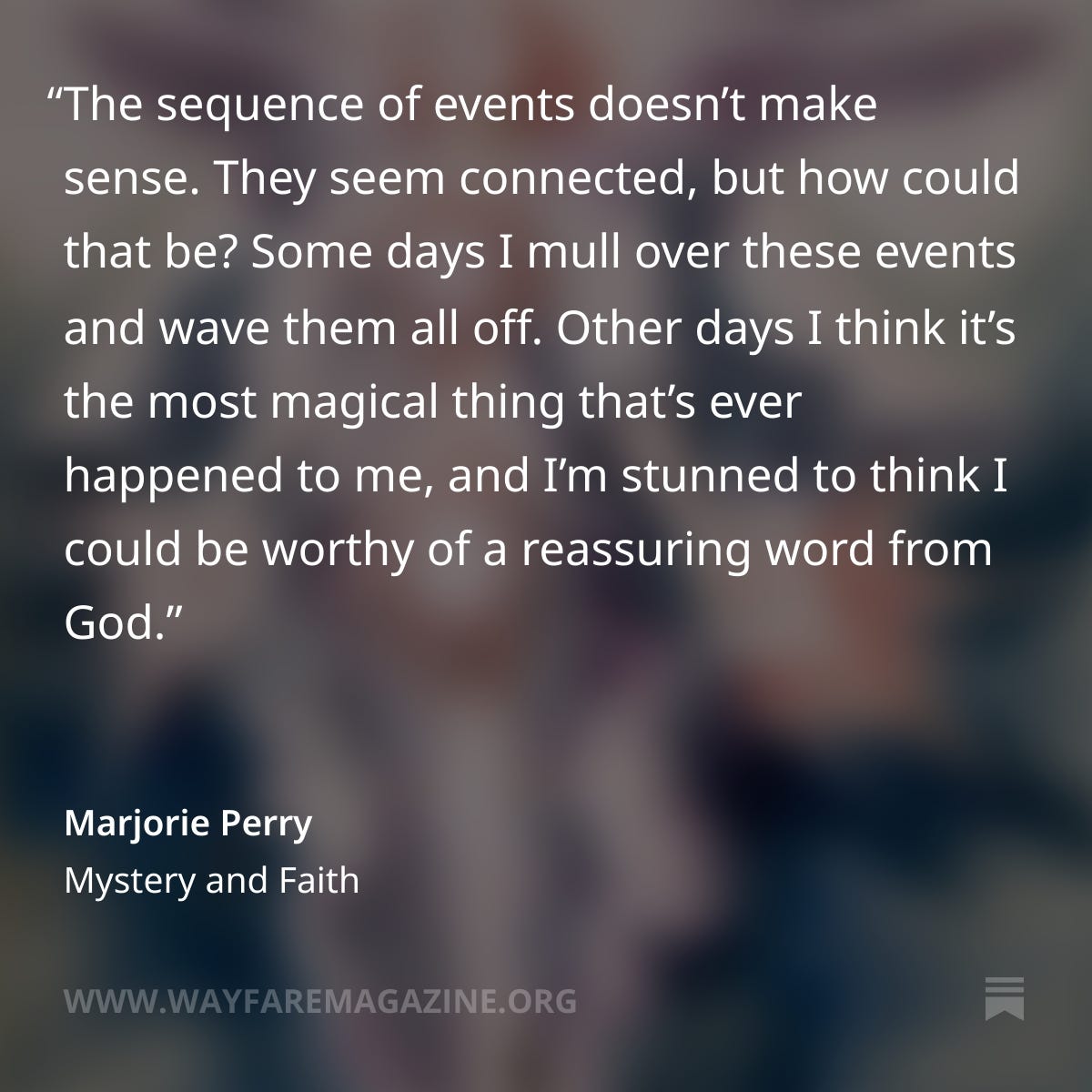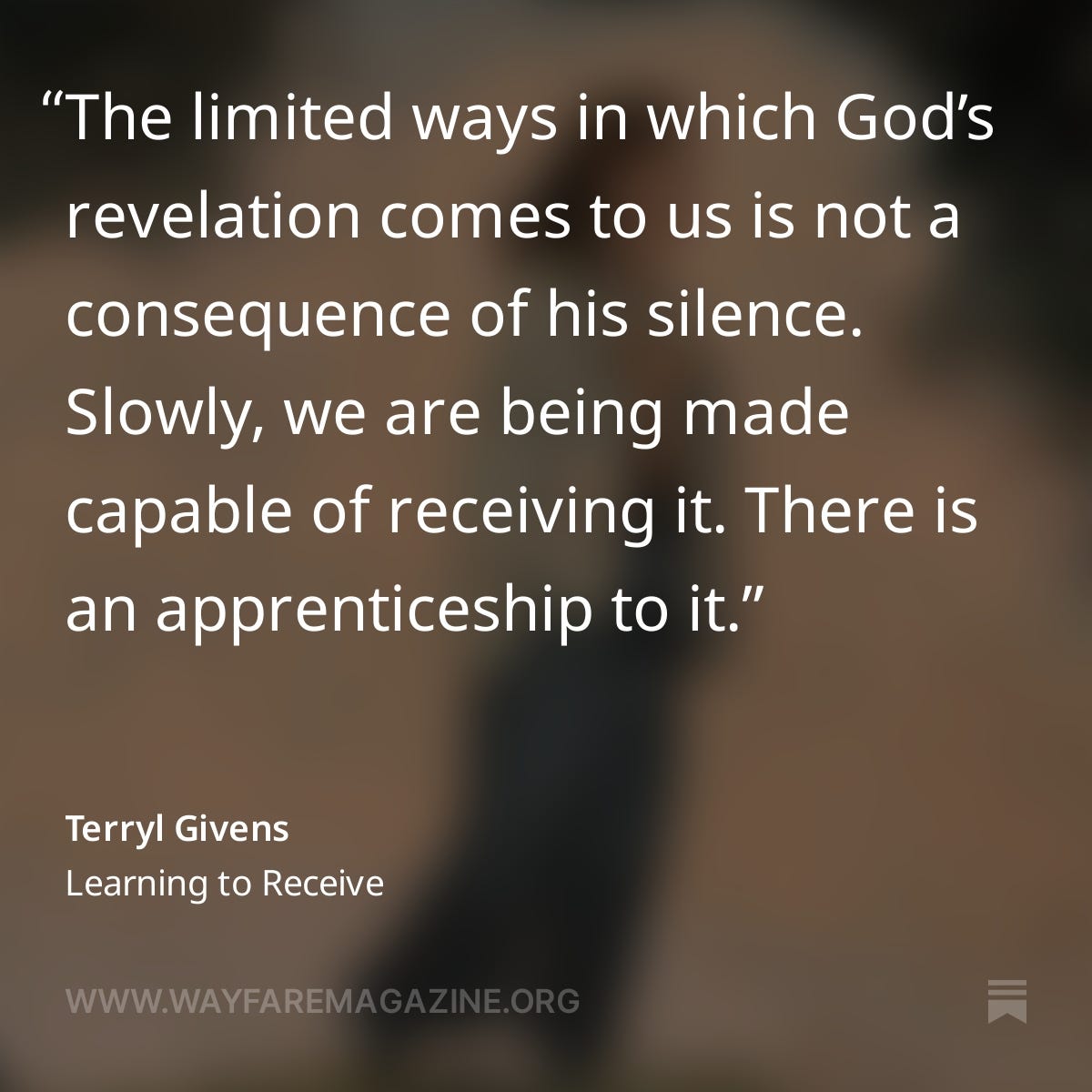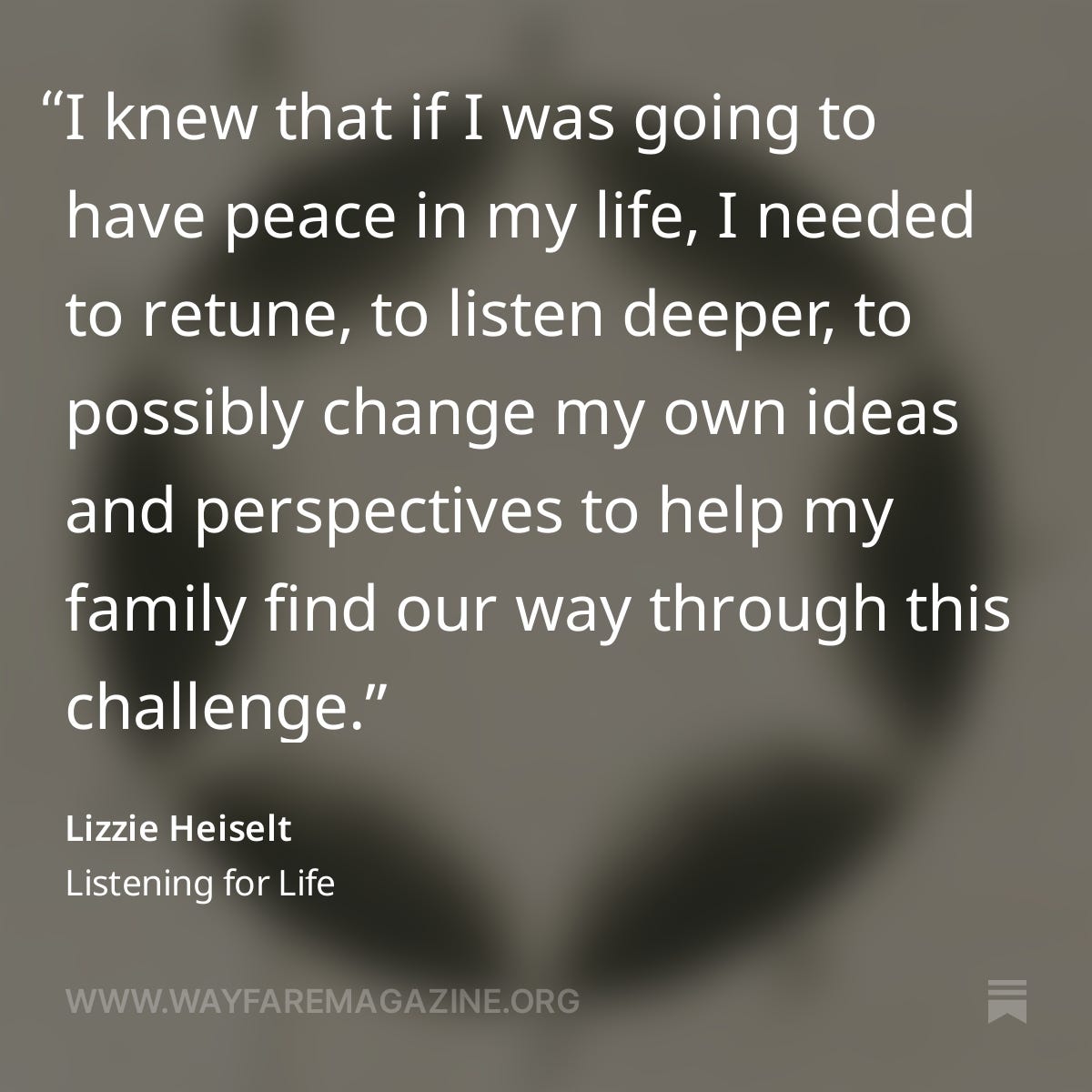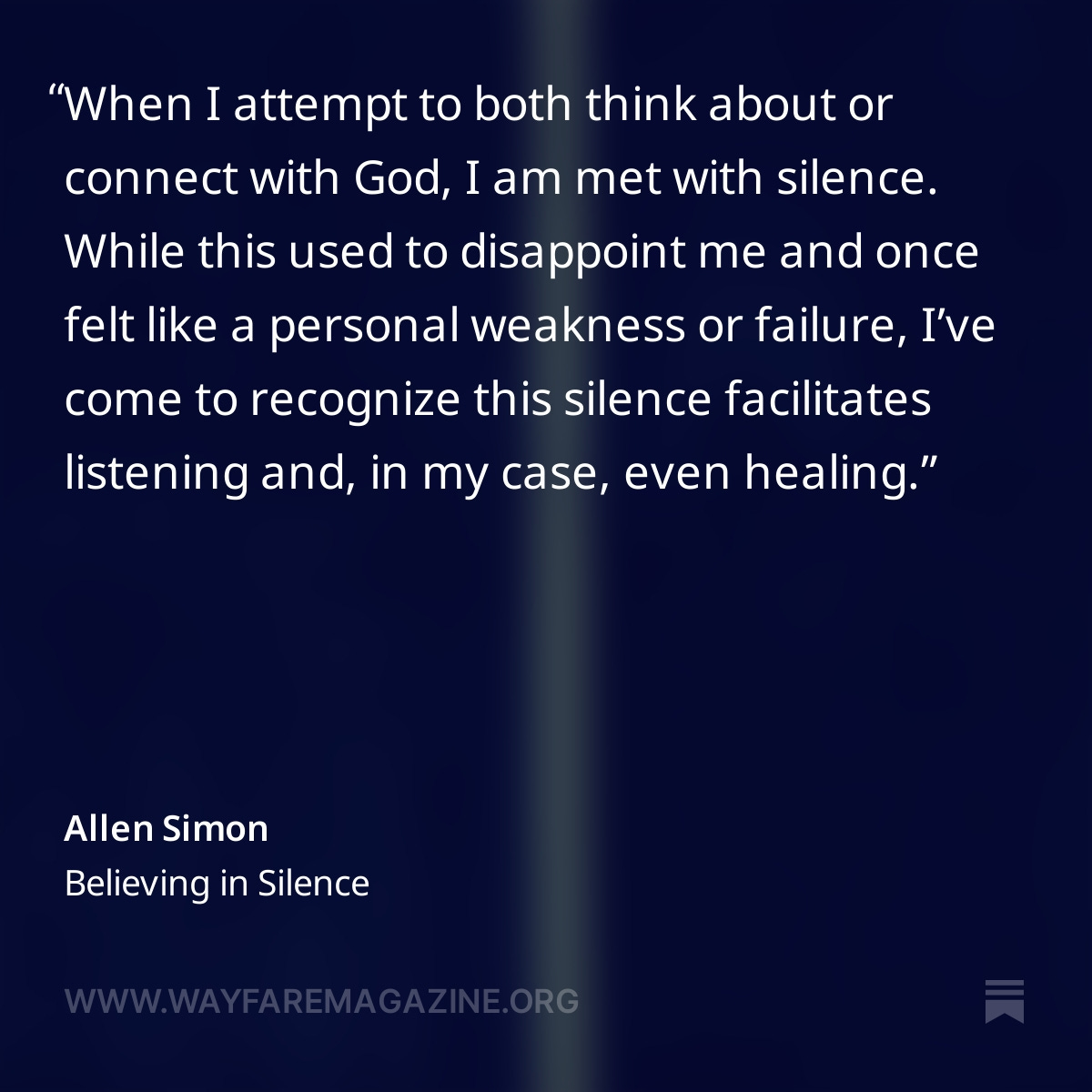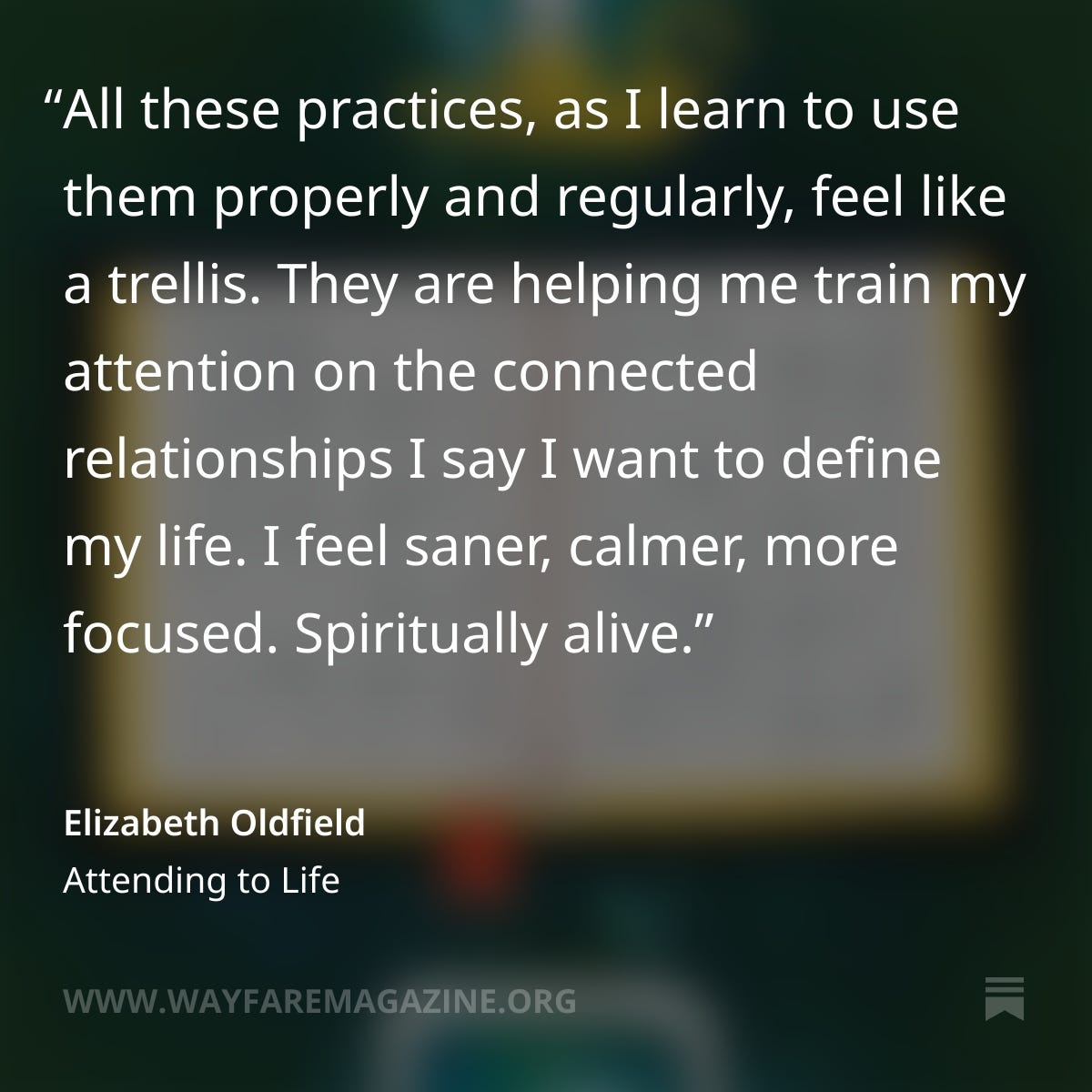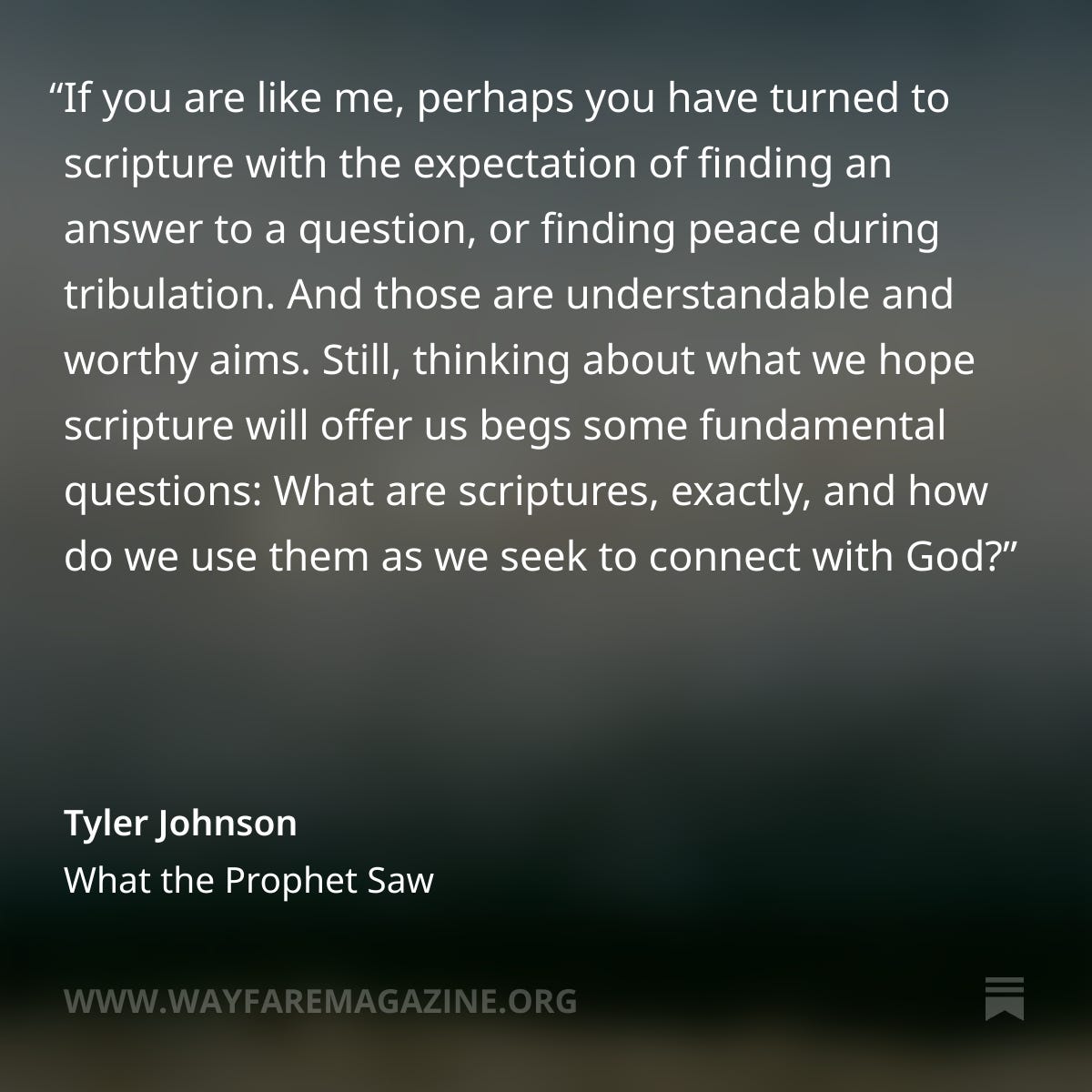What is sin? How can we overcome temptation?
Faith Matters resources to accompany your Come Follow Me study: February 10-16

God “will not suffer that Satan shall accomplish his evil design.”
How might we think about sin and temptation? In this conversation, Elizabeth Oldfield explores the concept of sin through examining the seven deadly sins. She asks, What can envy teach us about having a stable sense of self, especially in this age of social media? Is acedia, or sloth, really about attention? How can we continually recall our attention to the things we hope will shape our souls? Elizabeth demonstrates that at the end of the day, the seven deadly sins aren’t a legalistic list of ways to be in debt to God, but a loving guide for how to be in right relationship with the people around us.
Read an excerpt from Elizabeth’s book Fully Alive, included in Issue 4 of Wayfare, where she explores the modern temptation of acedia, or an inattention to life, and offers concrete suggestions and spiritual practices for overcoming it:
Read more about the temptation of acedia in “Sitting in the Dark” by Duncan Reyburn, also included in Issue 4 of Wayfare:
Matthew Bowman examines the temptation to idolatry in “Spiritual Cartography”:
Martin Luther said that “whatever your heart clings to and relies upon, that is your God.” Idolatry tempts you to invest a fallible and limited human idea or institution or practice with absolute faith and confidence. Idolatry is the child of certainty. It leads you to reject the possibility that you might be wrong. …
Because we worry about our own flaws, we invest power in things that we hope will protect us from failure. We project confidence, we feign certainty, we embrace righteous anger. We believe in simple answers. And then we grow vehement about defending the things we have invested in, since deep down the anxiety remains, because money or ideology or doing this thing or that won’t help you fix all the ways this world is broken. It can’t.
Idolatry destroys because it is a product of anxiety that only feeds that anxiety in turn. Idolatry is like scratching a mosquito bite; it is satisfying in the moment, but in the long run the underlying problem only grows more inflamed.
(Learn more about the sin of certainty in our conversation with Pete Enns.)
Thomas McConkie teaches us more about where sin comes from and how to follow the example of Jesus Christ in overcoming temptation in “Divine Vulnerability”:
The moment we feel intense sensations building up in our bodies, our instinct is to escape. In an effort to escape the reality of our embodied vulnerability, we often say things and do things that are harmful to ourselves and to others. We justify our actions because we feel at a deep level that if we don’t do something to escape, we’ll be overwhelmed with pain, or possibly harmed beyond repair. In a gospel context, we can understand this psychological process as the drive toward sin. … In our worst moments, we'll justify any kind of behavior it takes to escape the specter of being swallowed alive by our core vulnerabilities. Sin in this sense is a vain but understandable attempt to avoid our deepest suffering. …
To the extent that we’re willing to not only endure but embrace our personal Gethsemanes, we curtail sin’s capacity to tempt us. After all, if we’re willing to feel absolutely every experience that the Divine consecrates for our sanctification, what need is there to act out? What power does sin have to tempt us in the end? Christ is the living incarnation of this path.
… The task is simple but difficult: Let your eye be single to God’s Glory. Let this sanctifying Light infuse the most vulnerable parts of yourself again and again. In exactly the most disturbing moments of your life, you can train yourself to open up, relax, and trust that something from beyond is making you holy.
… Every time we crash, every time we fall apart, we can stop and realize that this is an opportunity to be tender and fully embodied with this disturbance, with the most vulnerable parts of our humanity. As we do this, we discover exactly where we stand in need of healing. We feel our wounded humanity being redeemed.
The Lord’s “wisdom is greater than the cunning of the devil.”
“Put your trust in [the Lord’s] Spirit.”

As I seek to “obtain [God’s] word,” I will receive His Spirit and power.
In “Seven Gospels,” Adam Miller and Rosalynde Welch make a case that our scriptural canon is a springboard to endless interpretations that speak to us according to our spiritual needs.
The point of Scripture is not to tell us something. The point of Scripture is to do something. The point of Scripture is to introduce us to God and invite us to participate with God in the revelation of who and what he is. —Adam Miller
Scripture is this site where we can go, where God’s presence infuses the words, and if we put ourselves there and spend enough time there and open ourselves to it, then we too through the Spirit can experience some of that divine presence. —Rosalynde Welch
Jared Halverson also talks about the importance of the scriptures being a catalyst for revelations (rather than a catalog of past revelation,) and of bringing our questions and difficulties to the text and allowing the scriptures to respond to them, in “The Divinity and Humanity of the Book of Mormon.”
There’s something powerful about turning to scripture and engaging this cloud of witnesses, bringing your questions and difficulties to the text, and allowing them to respond to them. —Jared Halverson
As I pray always, I receive strength from God.

“It's the commitment of part of my morning to prayer and sacred reading… that has been most transformative.” —Elizabeth Oldfield
Listen to “Connection Through Prayer,” our conversation with Thomas McConkie in which Thomas fuses a traditional idea of prayer with a more contemplative practice. He shares his insights on finding real connection to God through prayer, on the intersection of acceptance and seeking for specific outcomes, and perhaps most importantly, on how contemplative connection with God can help us rid ourselves of the "wrong ideas" that cause us pain.
Learn how the practice of consecrating our attention through prayer can teach us how to truly love our neighbor and so build the kingdom of God on earth in “The Sacrament of Attention” by Michael Austin:
Like every resource, our attention can be bought, sold, or given away. And it can be consecrated to the Kingdom of God. This is the main point of one of the most challenging and rewarding pieces of writing I have ever read: Simone Weil’s “Reflections on the Right Use of School Studies with a View to the Love of God,” from her collection Waiting for God. Superficially, the essay is about the spiritual importance of secular education. But really, it is about prayer. “Prayer consists of attention,” she tells us in the first sentence. “It is the orientation of all the attention of which the soul is capable toward God.”
… Weil frames Christian prayer as a kind of Old Testament sacrifice. When people’s wealth took the form of crops and livestock, offering an animal to God required one to part with a significant economic asset. To place a bull or flawless lamb on the altar of God, one had to make a difficult choice about a scarce resource. One had to choose God over something else in a meaningful way. In a culture whose most valuable resource is attention, concentrating wholly on God requires precisely the same kind of sacrifice. Where your attention is, there will your heart be also.



